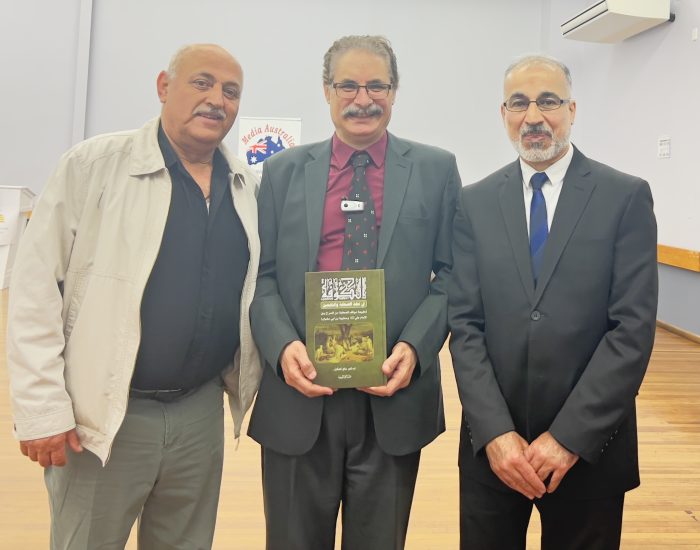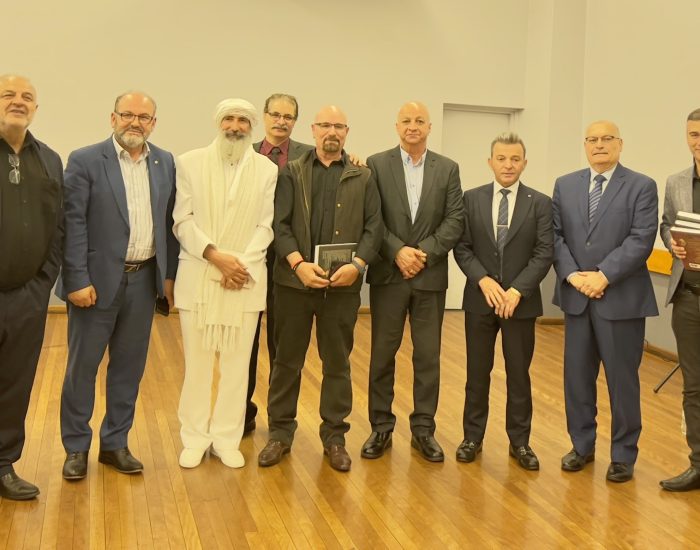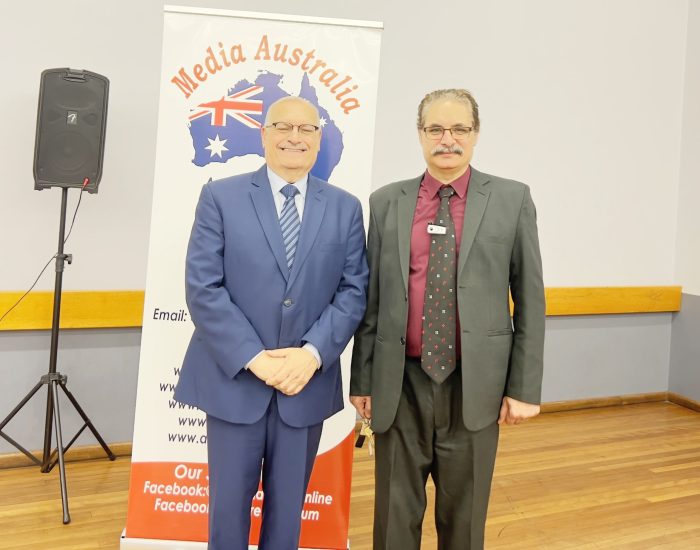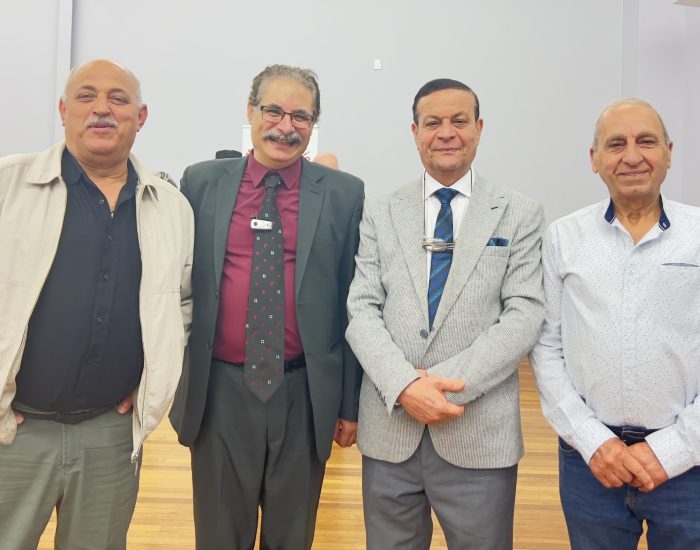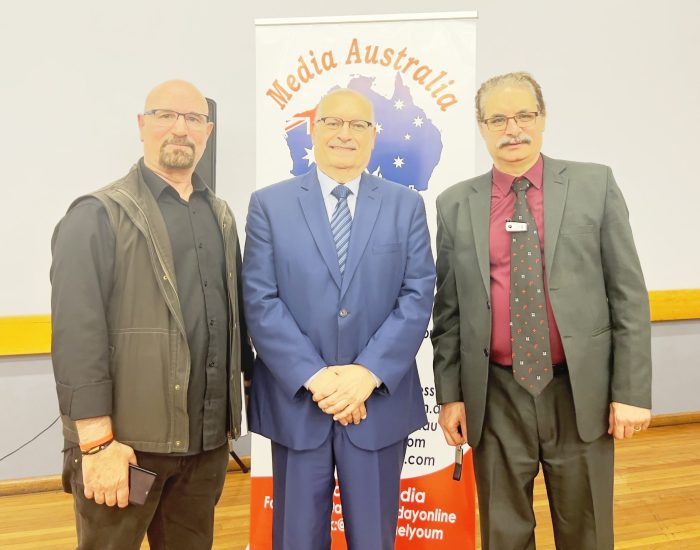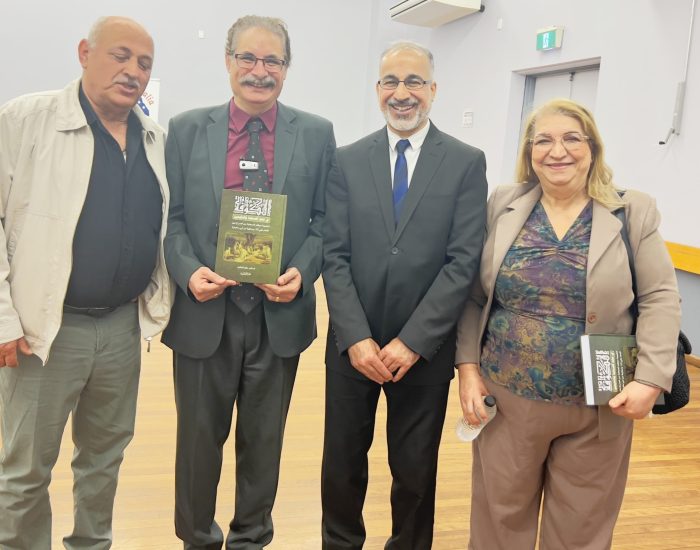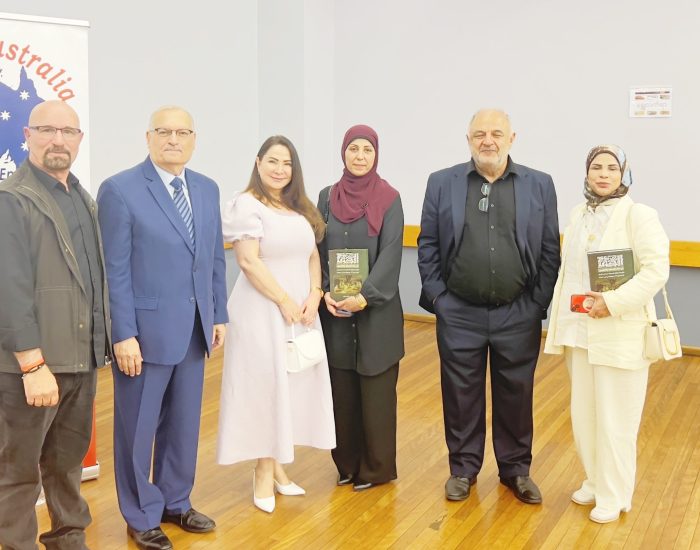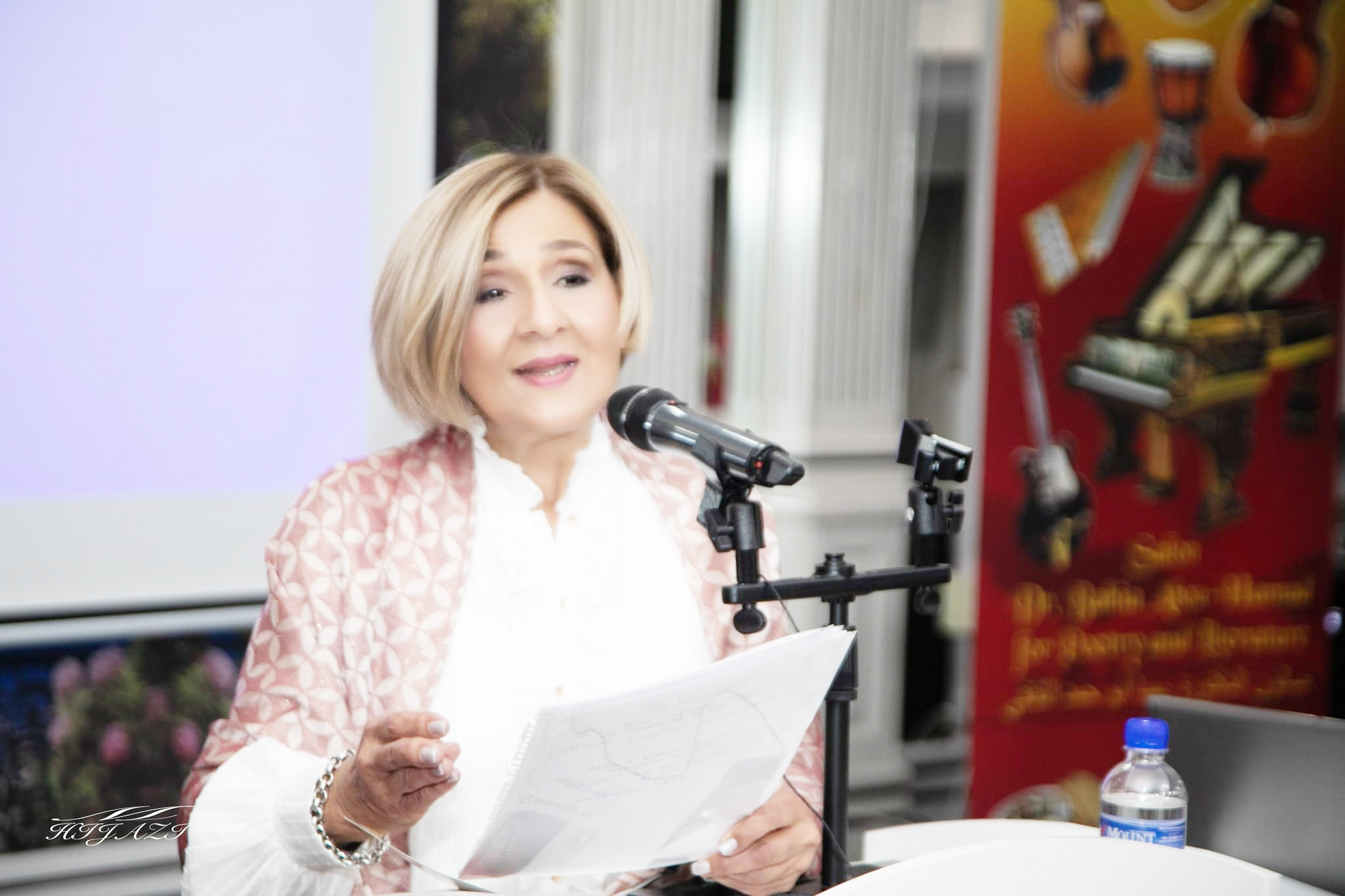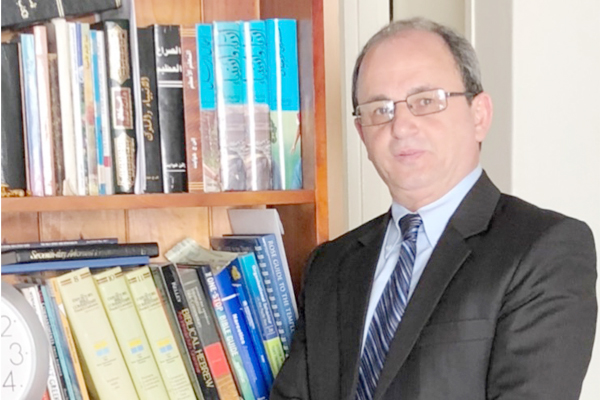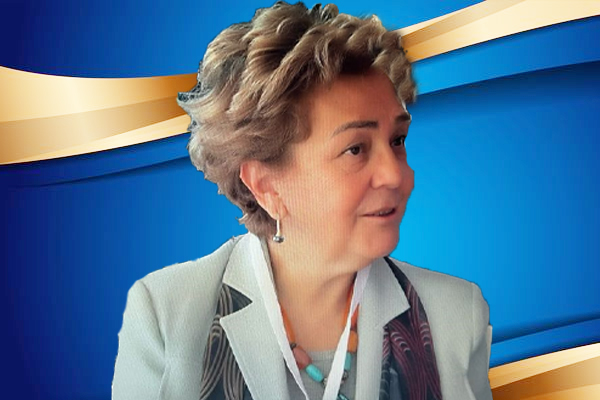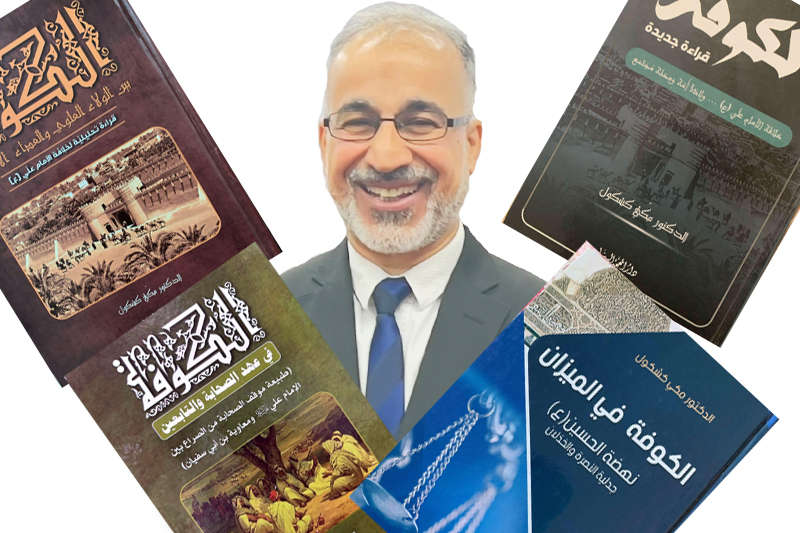
The cultural and literary circles recently witnessed a significant event as Dr. Makki Kashkoul signed the fourth book in his series, “Kufa.” This series reflects his deep interest in Islamic history, particularly focusing on the city of Kufa and its pivotal role in various political, social, and religious events that have influenced the Islamic world. The “Kufa” series offers critical and analytical insights, highlighting Dr. Kashkoul’s expertise in historical and literary analysis.
Kufa: A Symbol of Islamic Civilization
Kufa is one of the most prominent cities in Islamic history, serving as a political, cultural, and scientific center during the Umayyad and Abbasid periods. Founded by Muslims in the 7th century AD, Kufa has a rich history marked by significant events and influential figures, including Imam Ali and other leaders from the Ahl al-Bayt. Due to its importance, Kufa holds a special place in the hearts of many historians and researchers, with Dr. Makki Kashkoul standing at the forefront of those who have deeply studied and analyzed the city’s history.
The “Kufa” Book Series
The “Kufa” series, launched by Dr. Kashkoul, aims to shed light on the various aspects of the city’s history, exploring its political, cultural, and social dimensions. With four books in the series, each installment covers a different angle of Kufa’s complex past.
First Book: “Kufa in the Balance”
In his first book, “Kufa in the Balance”, Dr. Kashkoul examines one of the most critical revolutions in Islamic history—the revolution of Imam Hussein against the Umayyad regime. The book covers Imam Hussein’s journey from Medina to Mecca and then to Iraq, focusing on the political and social motivations behind the revolution. What sets this book apart is its critical analysis of the narratives and traditions surrounding this historical event, many of which the author argues have been distorted or falsified to misrepresent its true significance. Kashkoul’s goal is to expose these historical distortions and highlight the true purpose of Hussein’s revolution, which he believes was to raise awareness against oppressive regimes and promote freedom and human dignity.
Second Book: “Kufa: A New Reading”
In the second book, “Kufa: A New Reading”, Dr. Kashkoul delves into the historical, geographical, and social context of the city. He explores the origins of Kufa’s name, its foundation, and its demographic makeup, while also addressing the injustices faced by its inhabitants under tyrannical rulers. The book critiques the altered historical narratives that have become accepted as truth, using a neutral analytical approach to deconstruct these myths and offer readers an accurate picture of Kufa’s history. The work encourages readers to think critically and draw valuable lessons from history, rather than passively accepting distorted accounts.
Third Book: “Kufa Between Alid Loyalty and Umayyad Hostility”
In “Kufa Between Alid Loyalty and Umayyad Hostility,” Dr. Kashkoul addresses the negative image often associated with Kufa and its people in many historical texts. He explores why Kufa has been labeled as a “cursed city,” and why its inhabitants were often portrayed as treacherous. This perception, widely accepted over the centuries, was politically motivated, as the Umayyad rulers sought to discredit Kufa due to its status as a base for Alid opposition. The book provides a thorough analysis of how these claims were used to justify the persecution of the Kufans and to undermine the city’s significance as a center of political and social opposition to the Umayyad regime.
Fourth Book: “Kufa: Between Tradition and Renewal”
The fourth and latest book in the series, “Kufa: Between Tradition and Renewal”, offers a unique perspective by linking the city’s past with its potential for future development. Dr. Kashkoul explores how the rich heritage of Kufa can be harnessed to address modern social and political challenges, particularly in the context of facing authoritarian regimes. He also discusses how lessons from Kufa’s history can inform contemporary efforts to promote social justice and political reform in the Arab and Islamic world.
Significance and Impact of the Series
The “Kufa” series is a unique blend of literature, history, and religion that offers complex social and political analyses. Dr. Kashkoul demonstrates an extraordinary ability to connect historical events to modern times, offering insights that resonate with today’s issues. His deep analysis of historical accounts aims to cleanse the heritage from distortions and manipulations, fostering a better understanding between different communities, religions, and sects. Ultimately, Dr. Kashkoul’s works seek to revive Arab and Islamic heritage through a renewed focus on objective and unbiased historical analysis.
Book Signing Event and Audience Interaction
The book signing event, held at a renowned cultural bookstore, was attended by scholars and intellectuals from various Arab countries. The atmosphere was lively, with Dr. Kashkoul engaging in discussions about key points from his new book and answering questions about his long-standing research on Kufa. Many attendees expressed their appreciation for Dr. Kashkoul’s efforts to revive the history of Kufa, praising the accessible yet scholarly style of his writing, which appeals to readers of all backgrounds.
In signing his fourth book in the “Kufa” series, Dr. Makki Kashkoul continues to contribute to the literary and historical scholarship on Kufa, helping to correct misconceptions and deepen historical awareness among readers.


